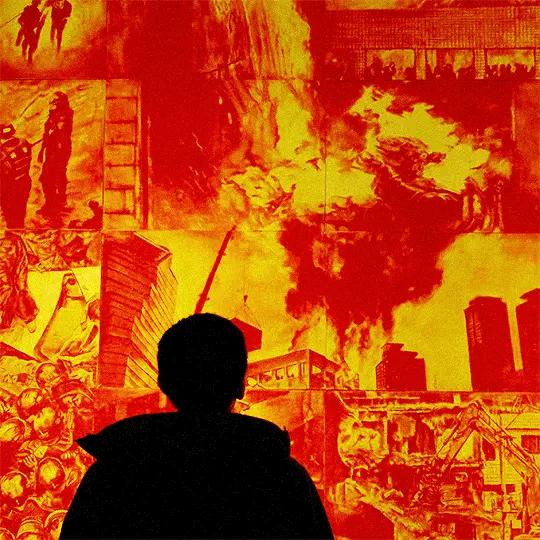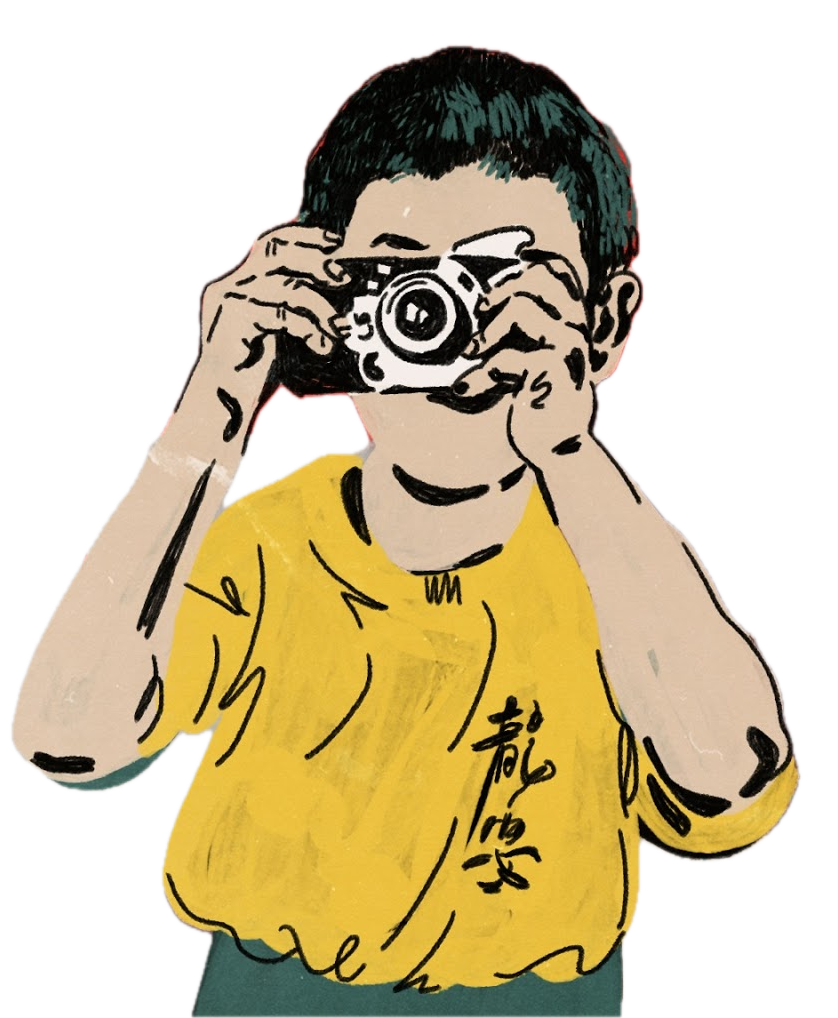Movie Review - Burning (2018) by Lee Chang Dong
“To me the whole world is a mystery”
I think this line perfectly summarizes the core conflict that our protagonist Jong-Su is facing throughout the film. A world that only gets more mysterious as you try harder to make sense of it. And what is excellent about this film is how this core conflict parallels with us as the audience, who at any given point of time only know as much as Jong-Su, so our frustration towards the lack of answers is shared with him. This creates an extremely engaging experience, as we as a viewer are trying to actively make sense of the many mysteries that surround the plot along with the lead character.
All the filmmaking elements are in perfect sync to enhance this engagement. The lush cinematography in this film which will keep many of the images engraved in your mind, shots of Jong-Su running in twilight, the image of a kid standing in front of a burning green house or the momentary glance shared between the two characters. The constant repeating score that creates this atmosphere that is both intriguing and unsettling at the same time. There is very little communicated with dialogue especially for the two male leads and a sizeable communication stems from their expressions and glances, which greatly brings out the passiveness of the protagonist and the mysteriousness of the antagonist and both Yoo Ah‑in and Steven Yeun give masterful performances in realizing their characters. I think director Lee Chang-Dong has done such a great job here in adapting the literary genius of Haruki Murakami’s work by fully embracing the other-worldly Murakamiesque aspects of the story (infact this film at times feels more Murakami than the short story itself) and at the same time also bringing a lot of his own perspective and interpretation to the film, which is what a perfect adaptation should be.

Theme by Ankit Sultana. Yi Yi illustration at the bottom right by Anna Vignet.

